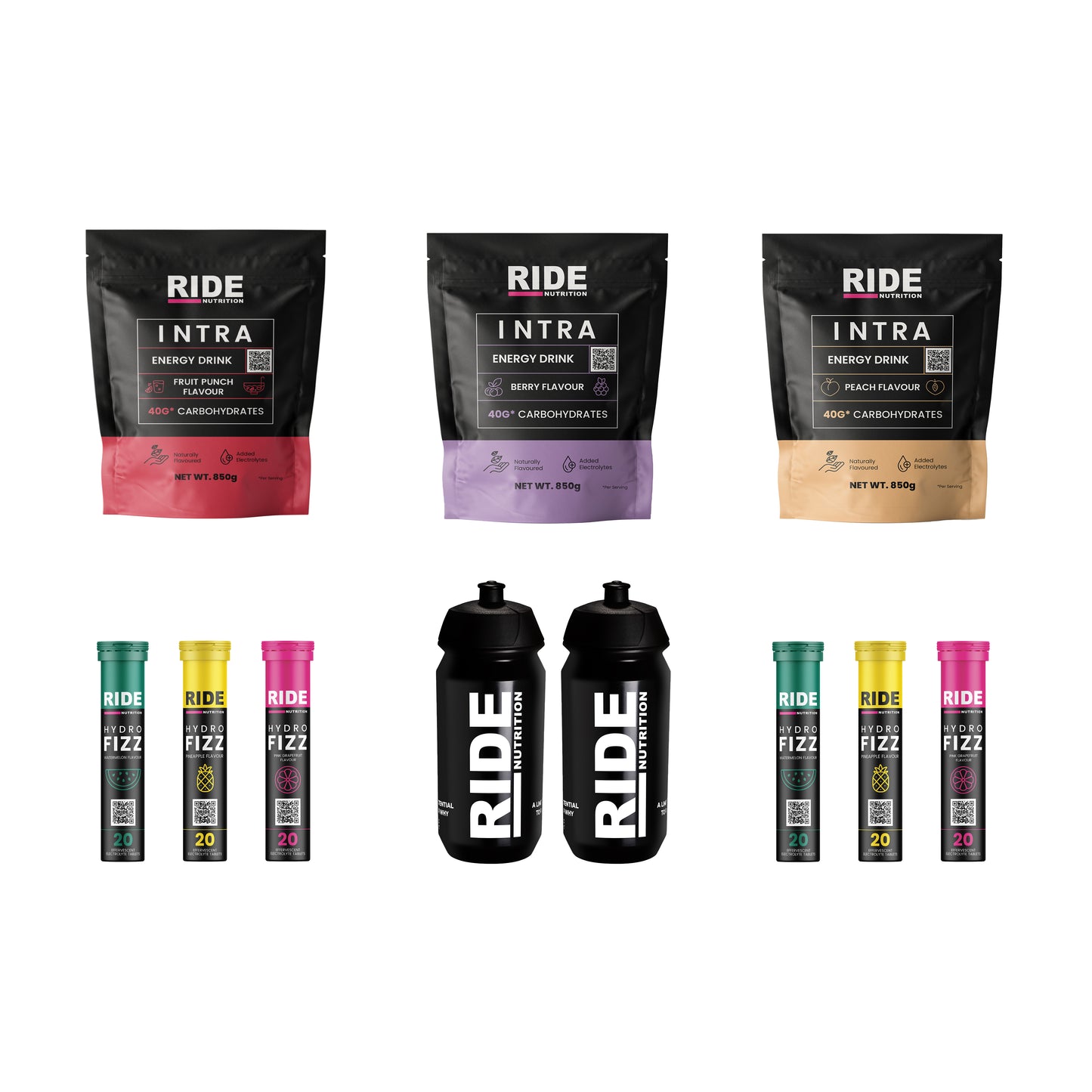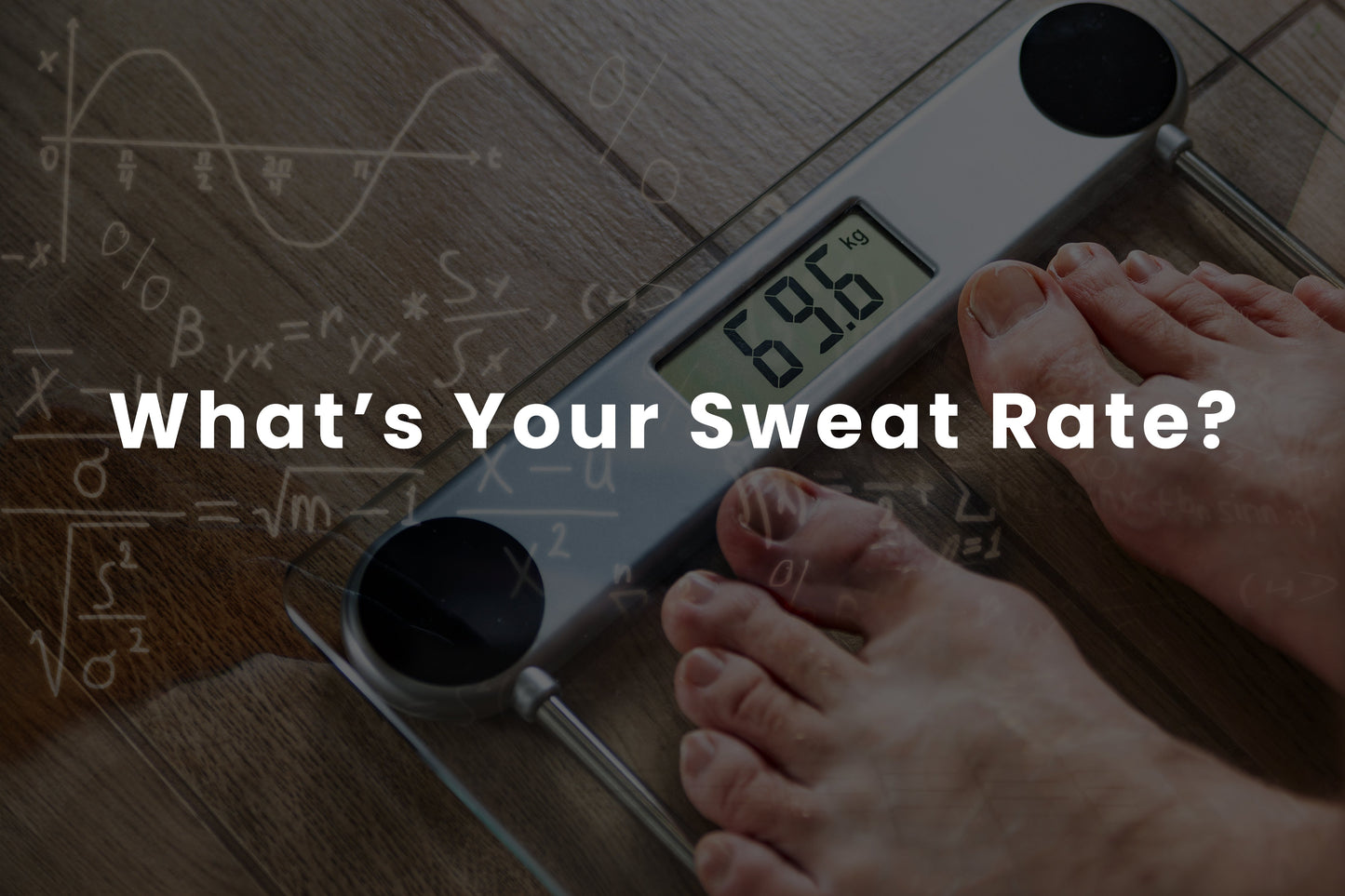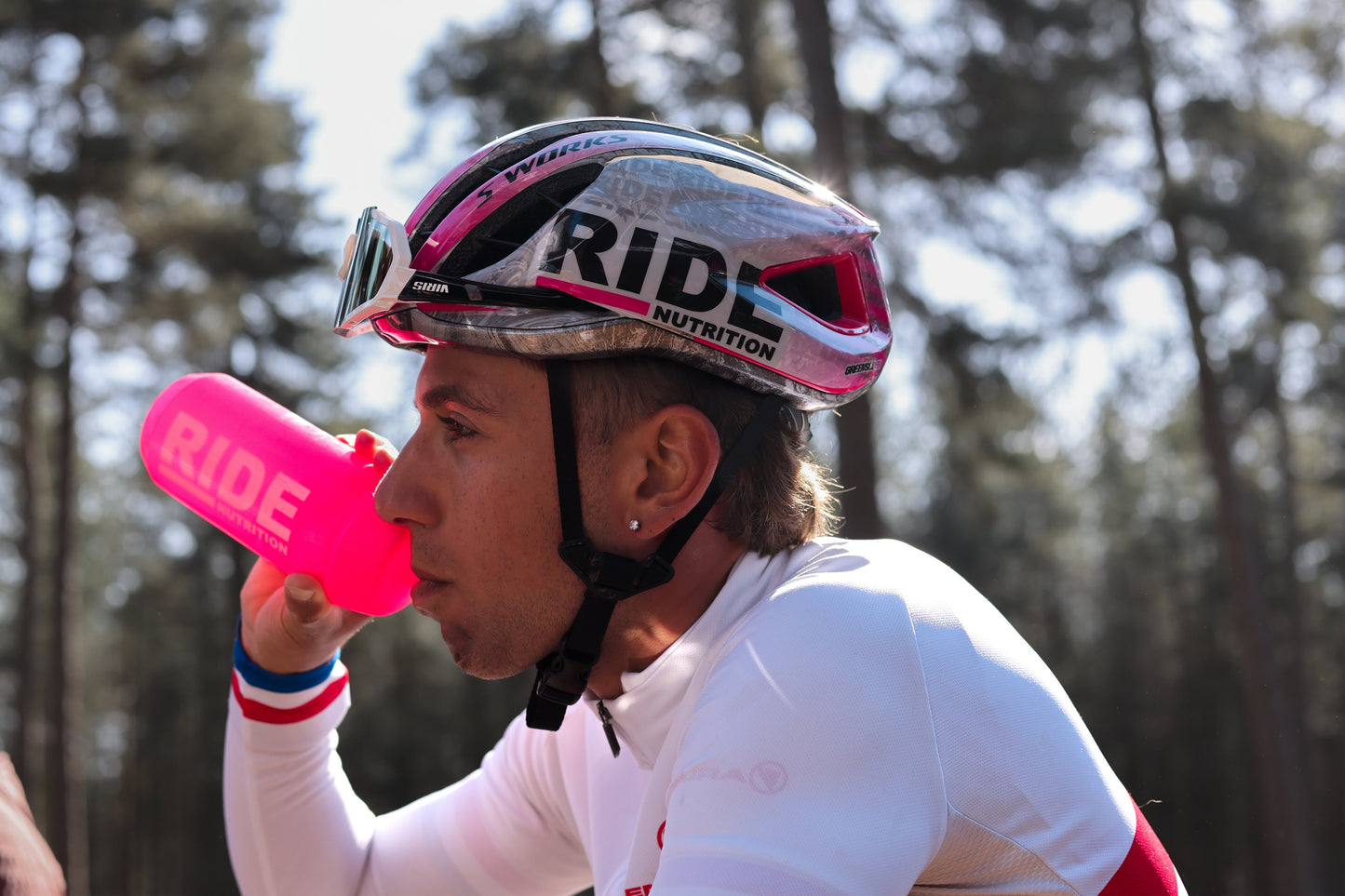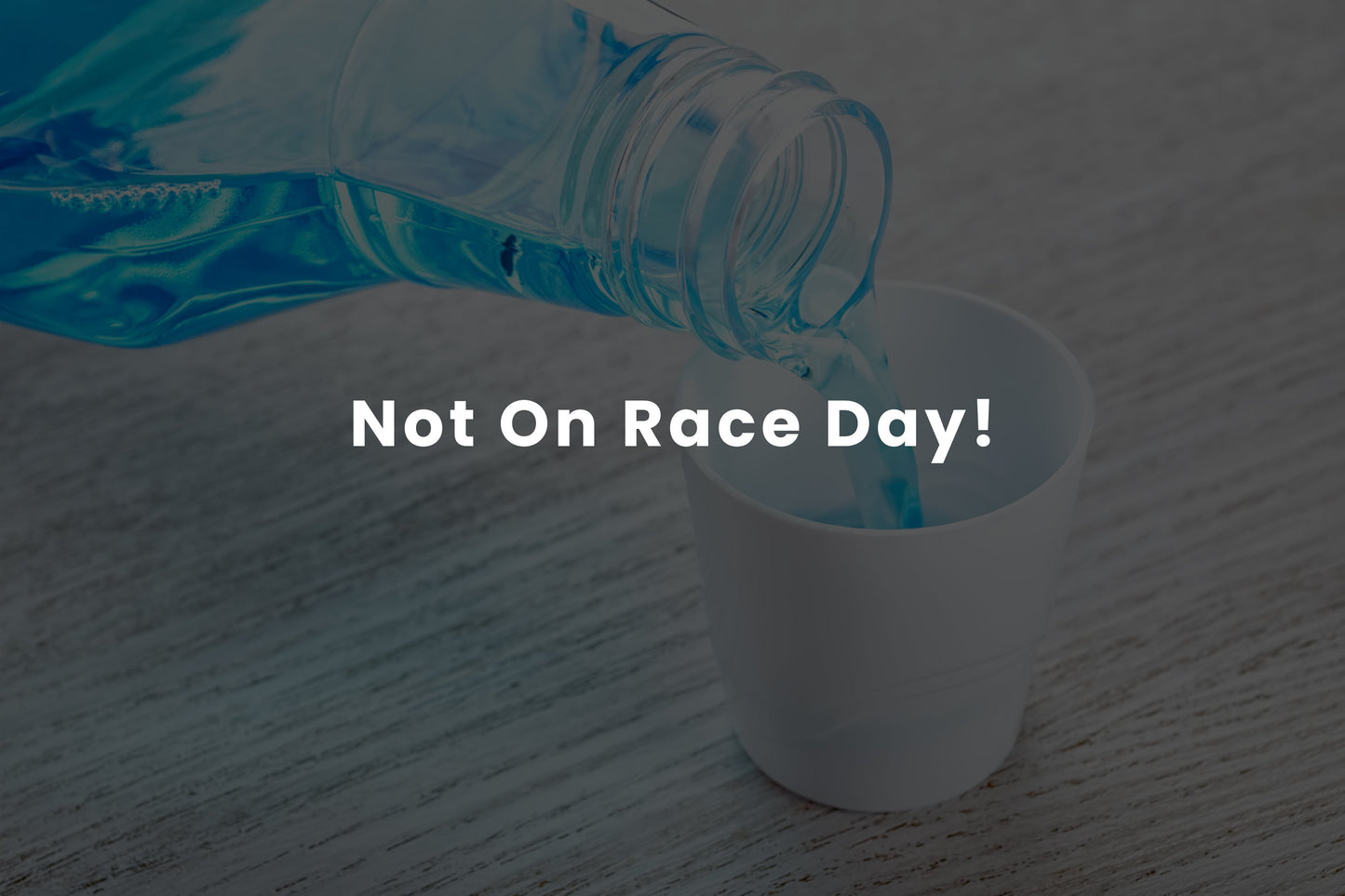Guides & Insight
Let's Talk Carbohydrates
An Important Fuel Source Carbohydrates are one of three main macronutrient groups found in foods. Despite often being falsely portrayed as the 'bad guy' to those looking to lose body weight, carbohydrates play a pivotal role in supplying energy to the working muscles! Let's strip it down to the basics. To maintain the contraction of skeletal muscles during exercise, active muscle cells require a constant supply of adenosine triphosphate (ATP). Note that ATP is used to fuel all metabolic reactions, often referred to as the energy currency within cells. When ingested, carbohydrates (CHO) are broken down into glucose molecules. During...
Calculating Sweat Rates
Why Calculate Sweat rates? Sweat rates are highly variable between athletes and can also vary for any given individual (due to changes in conditions, such as ambient temperature and humidity). As a result it is impossible to predict the exact amount of fluid to replace during exercise. However the following method will give you reasonably accurate data to then adopt a hydration plan that’s tailored to your body’s specific needs! What Equipment Will I Need? Accurate weighing scales A dry towel What Are The Steps? Immediately before your exercise session weigh yourself naked (A). Complete your session (keep a note...
Hydration
Let's start with thermoregulation As humans we thermoregulate, this means our bodies are continually working to keep our core temperate within strict bounds. As many of you may know, the body’s resting core temperate is 37°C. During exercise we often see a rise in the body’s core temperature to between 38-40°C. How is the body able to lose heat during exercise? Radiation - Electromagnetic heat waves emitted. Convection - Heat loss through movement of air and water. Conduction - Transfer of heat between molecules. Evaporation - Evaporation of sweat. (Major method of heat loss). The majority of heat being dissipated...
No Mouthwash On Race Day
Yes You’ve Read It Correctly! If you’re using nitrate supplements to increase your nitric oxide levels on race day, using antibacterial mouthwash can have a detrimental effect on nitric oxide production! Recap of the Nitrate-Nitrite-Nitric Oxide Pathway When ingested, nitrate circulates in blood plasma whilst approximately 25% is concentrated in saliva after being taken up by the salivary glands (Spiegelhalder et al., 1976). Anaerobic bacteria on the tongue is then responsible for the reduction of nitrate into nitrite (Govoni et al., 2008). Once swallowed, some of the nitrite is reduced to form nitric oxide in the acidic conditions of the stomach, whilst...





